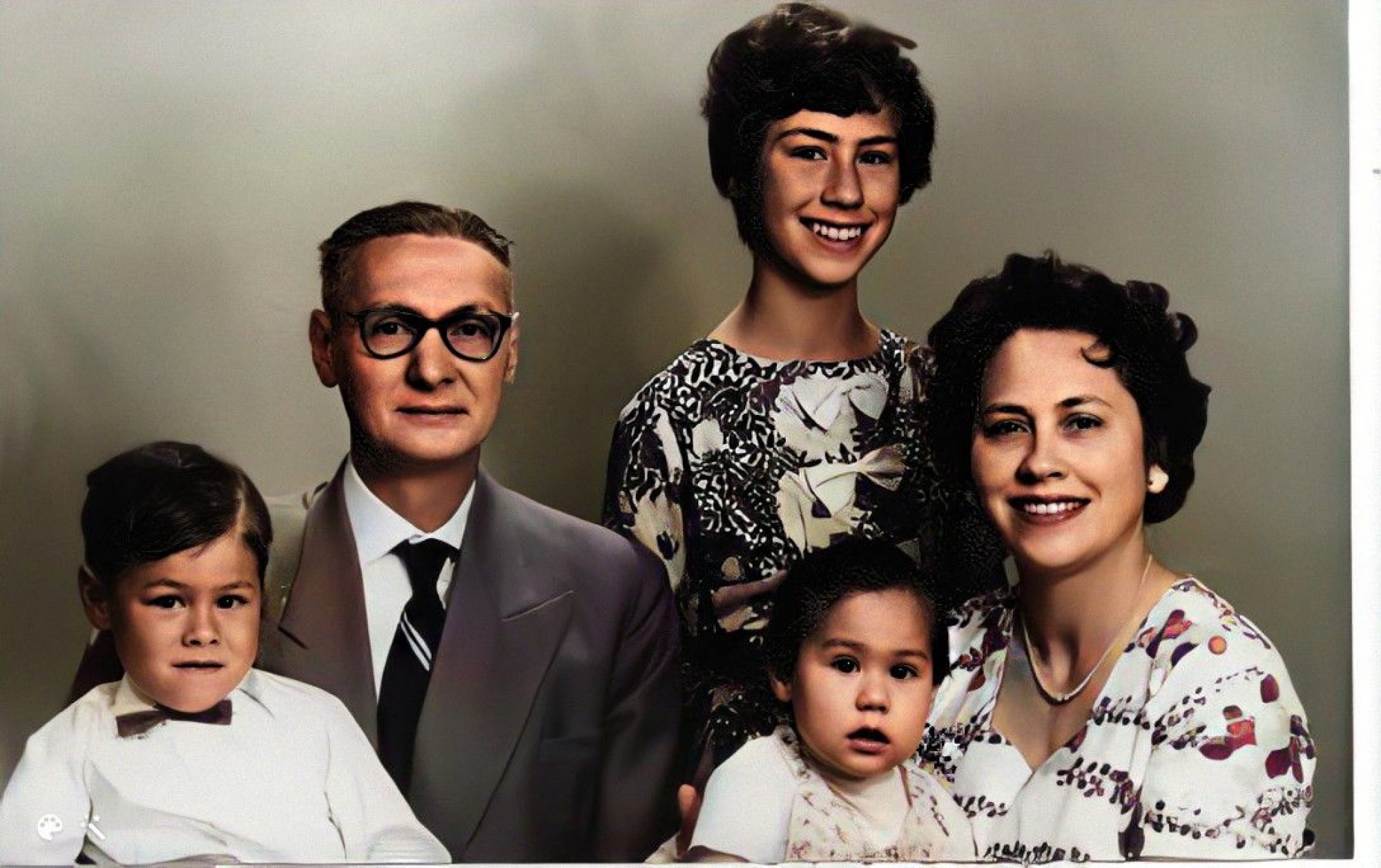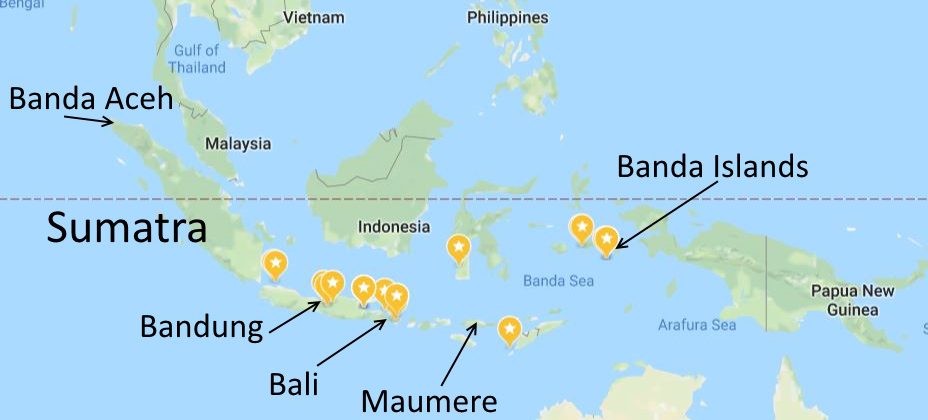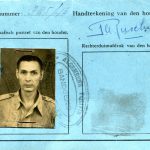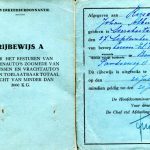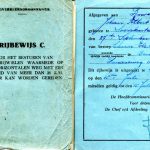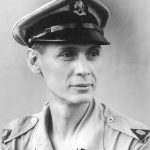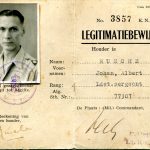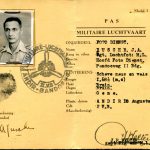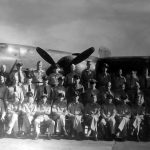After World War II
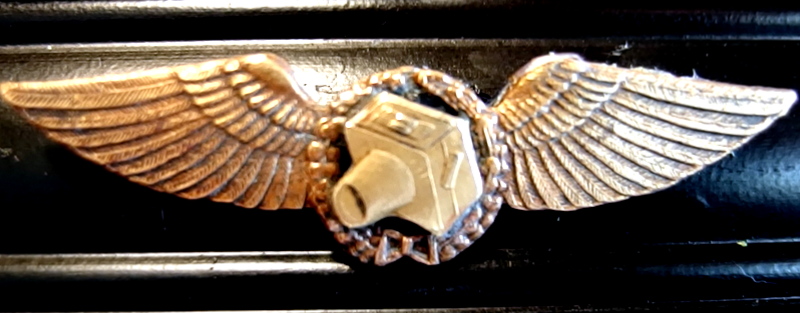
K.N.I.L. (Royal Netherlands East Indies Army Air Force)
Photo Services
Landstrom Sergeant
(Civilian Militia Sergeant)
August 17, 1945
Indonesian independence from the Dutch proclaimed.
October 1945
Conny and her mother Anna Minke Herrebrugh were released from the Japanese Civilian camps.
November 1945
Johan is released as POW.
January 1946
1946
Reunited with Conny. They moved to Bandung in Central Java, which was also a Dutch stronghold.
The city of Bandung is 768 metres (2,520 ft) above sea level and is surrounded by up to 2,400 m (7,874 ft) high volcanic terrain. The 400 km² flat of central Bandung plain is situated in the middle of 2,340.88 km² wide of the Bandung Basin. The northern part of the city is hillier than the rest, with the distinguished truncated flat-peak shape of the Tangkuban Perahu volcano (Tangkuban Perahu literally means ‘up-turned boat’) can be seen from the city to the north. Due to its geological condition, the land is very fertile, the Parahyangan Mountains surrounding Bandung supports productive tea plantations which create a beautiful and tranquil panorama. Due to its elevation, the climate in Bandung is cooler than most Indonesian cities and can be classified as humid; the average temperature is 23.6 °C (74.5 °F) throughout the year. The average annual rainfall ranges from 1,000 millimetres in the central and southeast regions to 3,500 millimetres in the north of the city. The wet season conforms with other Indonesian regions, around November to April.
The British took over the authority and prepared for the re-establishment of the Dutch
government. A temporary agreement made afterwards resulted in the division of
Bandung into two areas, the north and the south. These segments were separated by the
railroad.
The Dutch took over the power for three years again.
Continued by the independence war during the period of 1945 – 1950, the city was finally
seriously deteriorated. Many clashes against the return of colonialism took place in
several regions including Bandung. In 1946, a new agreement was reached, which
mentioned that armed people were prohibited to enter the boundaries set up 11 km from
the city centre. Consequently, the Indonesian troops repositioned to the rural hinterland
followed by a rush of the natives. Although in this city the clashes lasted less than half a
year, it brought serious damages to the city. Bandung was even called “Lautan Api” (the
sea of fire) because of the terrible devastation caused by the guerrilla strategy of
sabotages and scorched earth by Indonesian battlers.
1946
 Johan becomes a teacher at the Electrical Technical School in Bandung. Teachers and professors are among the few Dutch Nationalists that remain in Indonesia.
Johan becomes a teacher at the Electrical Technical School in Bandung. Teachers and professors are among the few Dutch Nationalists that remain in Indonesia.
Violence had also increased toward the former Dutch occupiers that had remained in the strive for independence.
November 1946
Conny becomes pregnant.
July 1947
Conny gives birth to my sister, Joyce Margeriet in Bandung.
1949
The Netherlands recognizes the Indonesian state.
After the De-Hague Conference in 1949, the Dutch had to leave Indonesia. This conference resulted in a change of Indonesia into a federal country that contained some autonomous states.
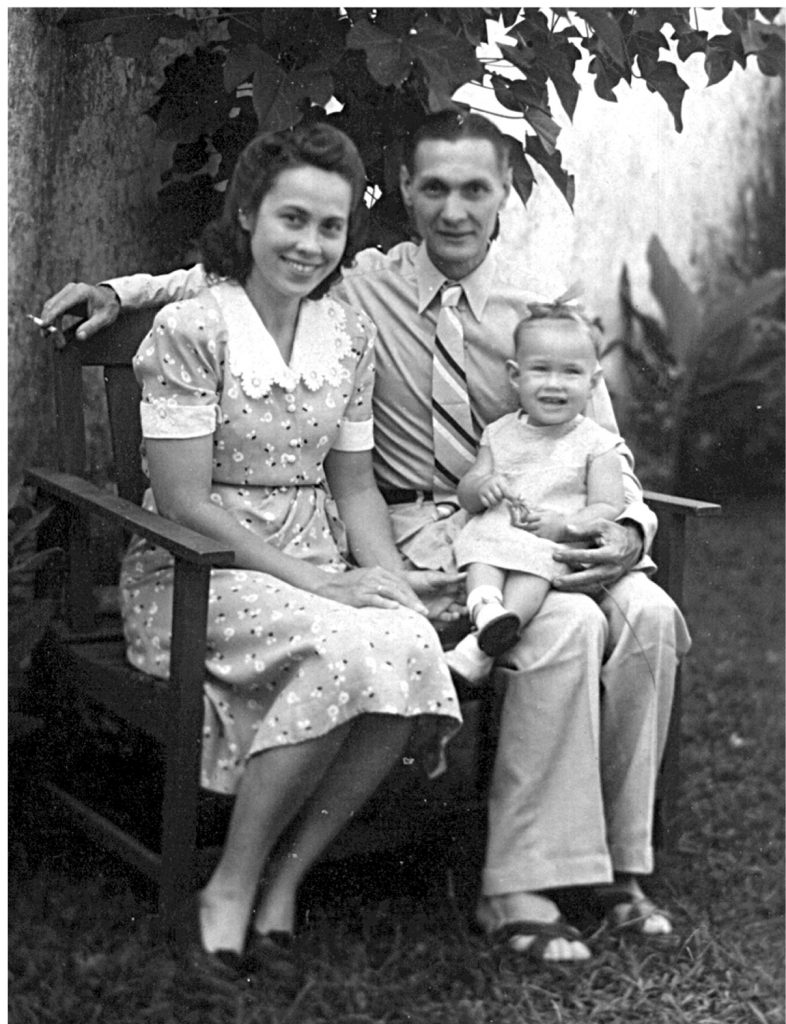
November 1946
Conny becomes pregnant.
July 1947
Conny gives birth to my sister, Joyce Margeriet in Bandung.
1949
The Netherlands recognizes the Indonesian state.
After the De-Hague Conference in 1949, the Dutch had to leave Indonesia. This conference resulted in a change of Indonesia into a federal country that contained some autonomous states.
1950
The drive for Indonesian independence spurred violence toward the former Dutch occupiers and the family flees on refugee boat for refuge back to The Netherlands.
